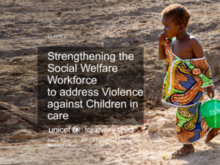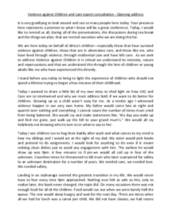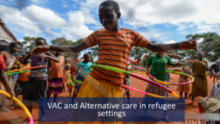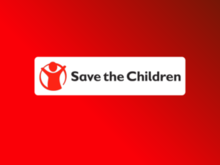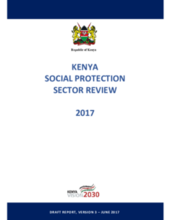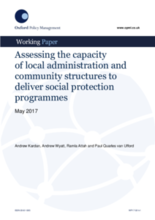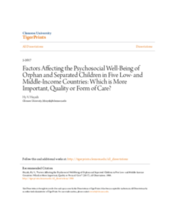This country page features an interactive, icon-based data dashboard providing a national-level overview of the status of children’s care and care reform efforts (a “Country Care Snapshot”), along with a list of resources and organizations in the country.
demographic_data
childrens_living_arrangement
children_living_without_bio
adoption
social_work_force
key_stakeholders
Key Stakeholders
Add New DataOther Relevant Reforms
Add New Datadrivers_of_institutionalisation
Drivers of Institutionaliziation
Add New Datakey_research_and_information
Key Data Sources
Add New DataChildren's Act, 2022 (Kenya)
Prevalence and number of children living in institutional care: global, regional, and country estimates
Social Protection and Disability in Kenya
Kenya Social Protection Sector Review
Country Care Review: Kenya
Child Developmental Disabilities, Caregivers’ Role in Kenya and Its Implications on Global Migration
Research findings on Alternative care system in Kenya for children without parental care
Charitable Children Institutions in Kenya: Factors Influencing Institutionalization of Children
Acknowledgements
Data for this country care snapshot was contributed by consultants with Maestral International.
Displaying 321 - 330 of 447
This news article provides a report of the June 2017 Africa Expert Consultation on Violence against Children in All Care Settings, held in Nairobi, Kenya.
Rogue churches in Kenya are delivering trafficked "miracle babies" to infertile women.
This UNICEF presentation describes the need for social service workforce strengthening in East and Southern Africa and presents recommendations based on a case example from Rwanda.
This document includes the keynote address given on the first day of the Africa Expert Consultation on Violence against Children (VAC) in All Care Settings by Ruth Wacuka, Kenya Society of Careleavers.
This document includes the opening remarks given at the Africa Expert Consultation on Violence against Children (VAC) in All Care Settings by Mr. Noah Sanganyi, the Director of Kenya's Department of Children's Services.
This UNHCR presentation provides an overview of alternative care for children in East African refugee contexts.
This presentation describes the findings from a 2015 Save the Children study on kinship care in Ethiopia, Kenya and Zanzibar.
In 2011/12 a comprehensive Review was undertaken of Kenya’s Social Protection Sector. This Review follows up on progress made since the previous one.
This working paper assesses the performance of local and community-based structures in Kenya and Zambia in delivering the government social protection systems that they are tasked to support.
This study explored the extent to which components of quality of care predicted psychosocial well-being of orphaned and separated children (OSC), as well as the extent to which these components of quality of care and demographic factors moderated the associations between care settings and psychosocial well-being of orphaned and separated children (OSC).

